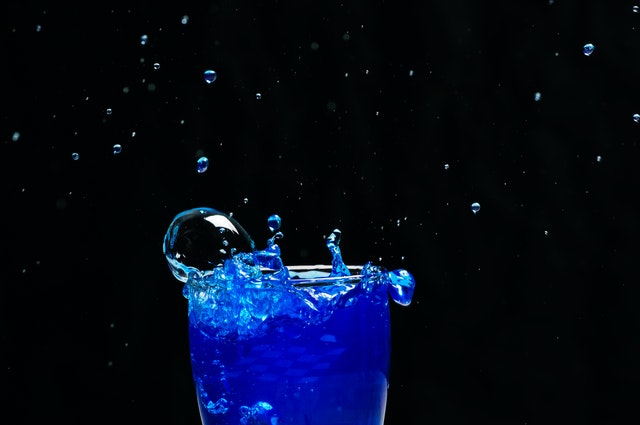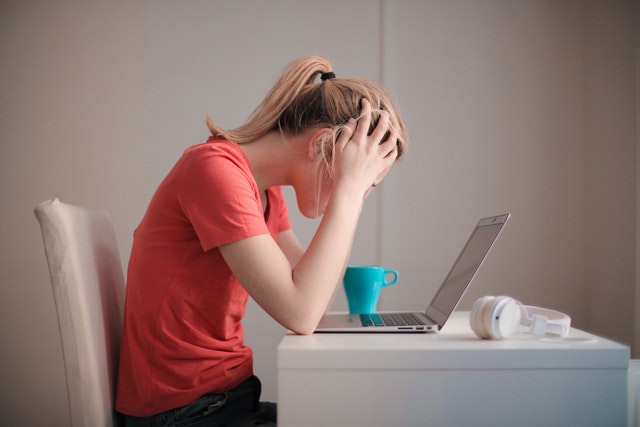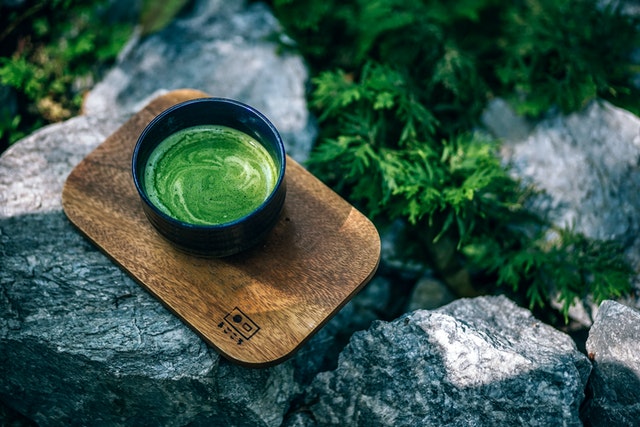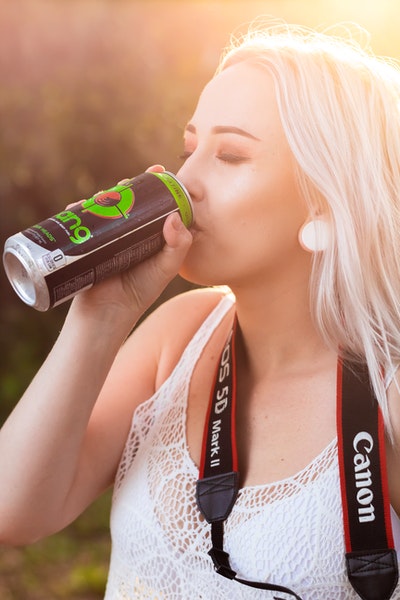Energy drinks have been around for a few decades now, and they’ve exploded in popularity.
They’re a big hit with teens — around 30% of teens drink them regularly — but their biggest
audience is actually people 18–34 years old. It’s pretty obvious that these drinks aren’t “healthy,”
but the billion-dollar question is whether they hurt you or not.
Too Much of Everything

Are energy drinks good, bad or ugly? For the most part, they fall into the “bad” category. Some
take it to the extreme and land squarely on the “ugly” list. The main reason is that have way too
much of things your body doesn’t need:
- Sugar
- Artificial sweeteners
- Caffeine
Did you know that most energy drinks are packed with more sugar than a can of cola? The American Heart Association recommends keeping your sugar intake under 25 grams for women and 37 grams for men. How much is in one can of Monster or Rockstar? Over 40 grams.
Now, there’s nothing wrong with enjoying some caffeine. Most adults can have up to 400 mg a day without any negative health effects. A regular cup of coffee has around 100 mg of caffeine,
although tall versions (24 ounces) may have as much as 300 mg. A 16-ounce energy drink clocks in at 160–200 mg.
The Marketing Hype Behind Energy Drinks

Energy drinks are big business. In the U.S., they bring in about 14 billion dollars every year. That means manufacturers are eager to downplay risks and get consumers on their side.
Have you seen ads that make it seem like energy drinks are what cool or creative people drink? It’s pure marketing speak. There’s nothing active or awesome about these sugar-laden drinks. Unless you’re preparing to run a marathon, you’re better off staying hydrated with water.
What about the talk about ginseng, taurine and L-carnitine in many energy drinks? Well, these amino acids and herbal extracts can be good for mental focus, metabolism and energy. But mixing natural ingredients with junk food doesn’t miraculously make energy drinks healthy. That would be like putting vitamin C in a chocolate cake and saying the cake is good for your immune system.The Real Effects of Energy Drinks

According to many studies, going overboard with energy drinks can have real consequences for your health:
- Stress
- High blood pressure and heart problems
- Risk of type 2 diabetes
- Stomach irritation
- Problems sleeping at night
- Alcohol dangers
- Dehydration
Healthy Drinks That Can Boost Energy Levels

The energy drinks mentioned above are bad because they combine excessive levels of caffeine and sugar. Other options for increasing concentration and energy can be perfectly healthy if used in moderation:
- Brewed coffee
- Green tea (matcha)
- Yerba mate
- Guayusa tea
- Acai berry smoothies
- Banana-protein smoothies
- Turmeric lattes
- Green juice with leafy greens, apples and oranges

